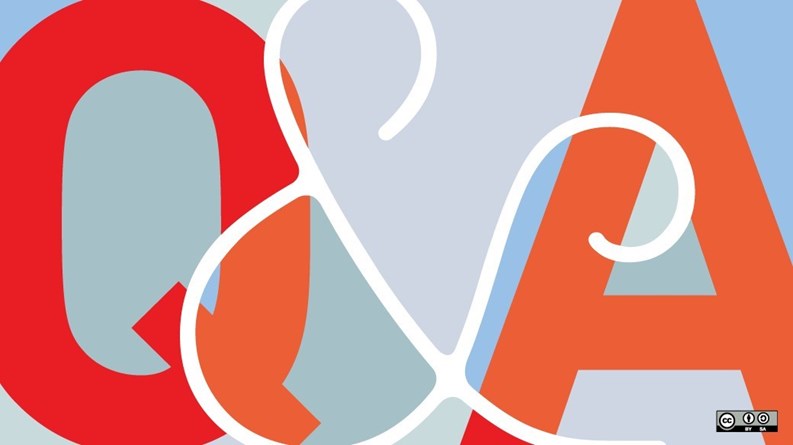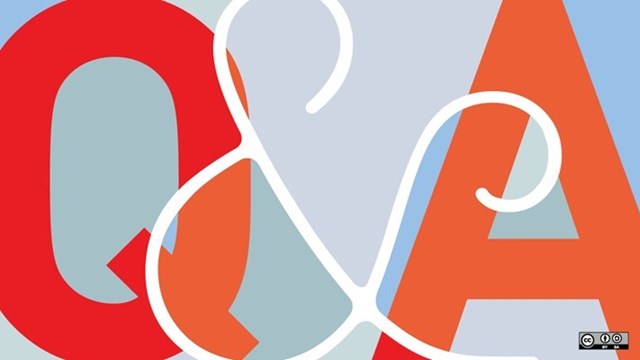Q If there is damage to my roof and it leaks into my condominium unit and I
reported it to the board three times with no repairs made, can I repair it
myself and deduct the cost from my common charges?
—Falling on Deaf Ears
A “In a condominium, a roof constitutes a common element, and pursuant to the
declaration and bylaws of the condominium, the board of managers of the
condominium is charged with the responsibility of maintaining the common
elements,” says attorney Eric M. Goidel, a partner with the Manhattan-based law offices of
Borah, Goldstein, Altschuler, Nahins & Goidel, P.C. “The cost of maintaining, repairing and replacing common elements are shared by
all unit owners in proportion to their percentage common interest in the
condominium. In some cases, a portion of a roof may benefit only one particular
unit owner, or one group of unit owners, and occasionally, that unit owner or
unit owners will be solely responsible for the entire cost of maintenance,
repair and replacement. While the unit owner’s plight may be sympathetic in that the unit owner has made requests upon the
board of managers for a repair without avail, there is no right of self-help
for a unit owner to make repairs on the account of the board of managers and
deduct the cost of the repairs from sums due to the board of managers from the
unit owner. The unit owner would have several possible remedies as follows:
I. Commencement of a case in Supreme Court in the county where the unit is
located, seeking an order compelling the board of managers to perform its
required duties and seeking monetary damages for any damages to personal
property and for possible interference with the use and enjoyment of the unit;
and/or
II. Contacting the local department of buildings for the purposes of having an
inspector inspect the roof and the unit to issue a violation to the board of
managers. As the condominium unit has a distinct block/lot, it is quite
possible that the inspector might issue a violation to the unit owner. However,
even if the violation was issued to the unit owner, such would be helpful in an
action to compel the board of managers to make necessary repairs.
“Unfortunately, it is highly unlikely that the unit owner would be entitled to
recover his or her attorney’s fees associated with the prosecution of any such action.”







Comments
Leave a Comment